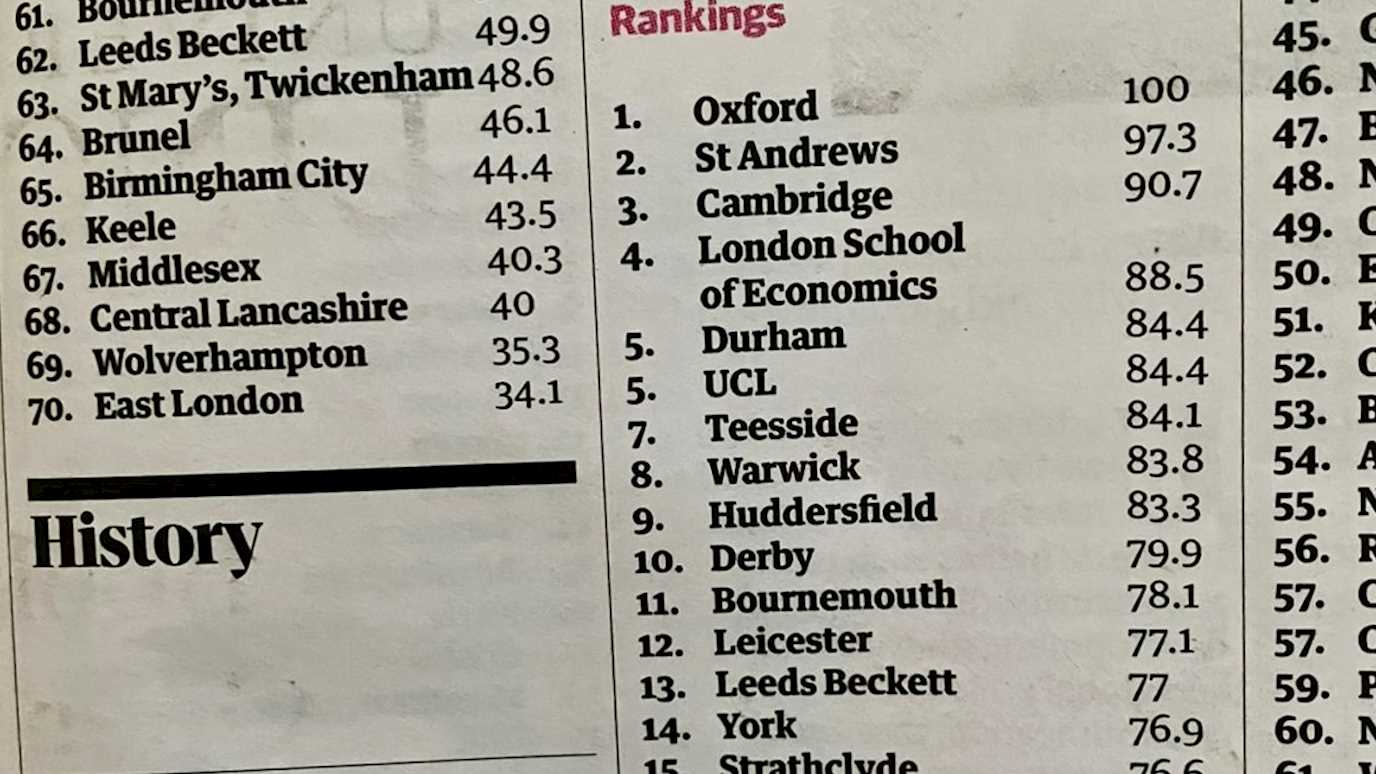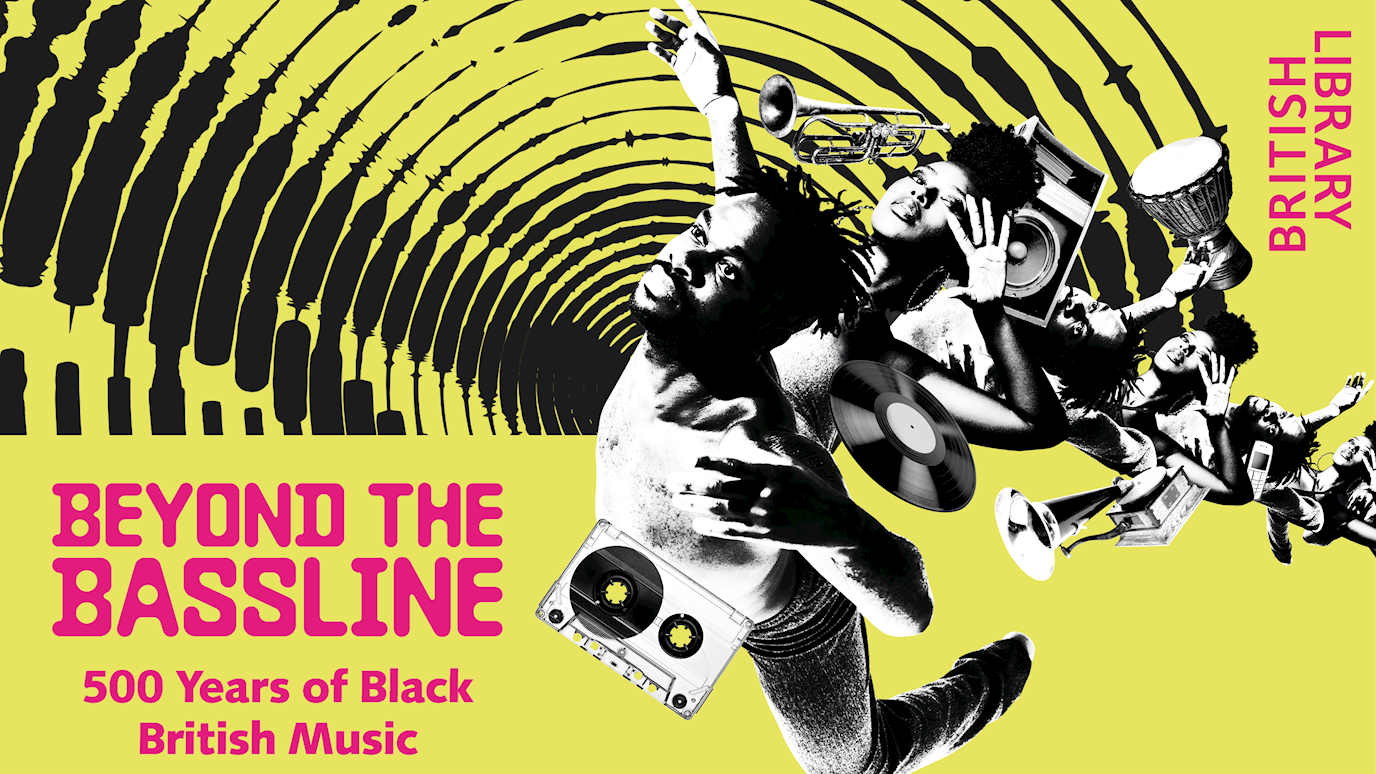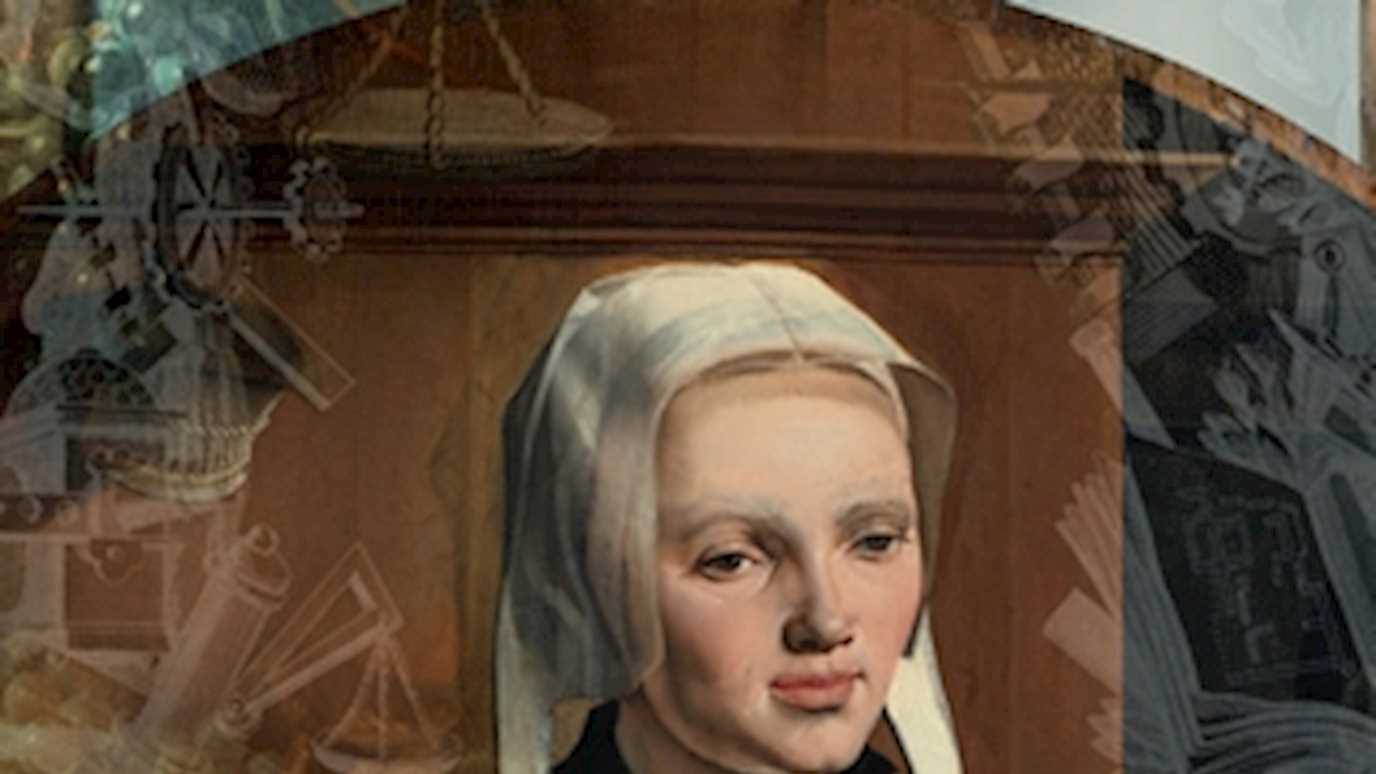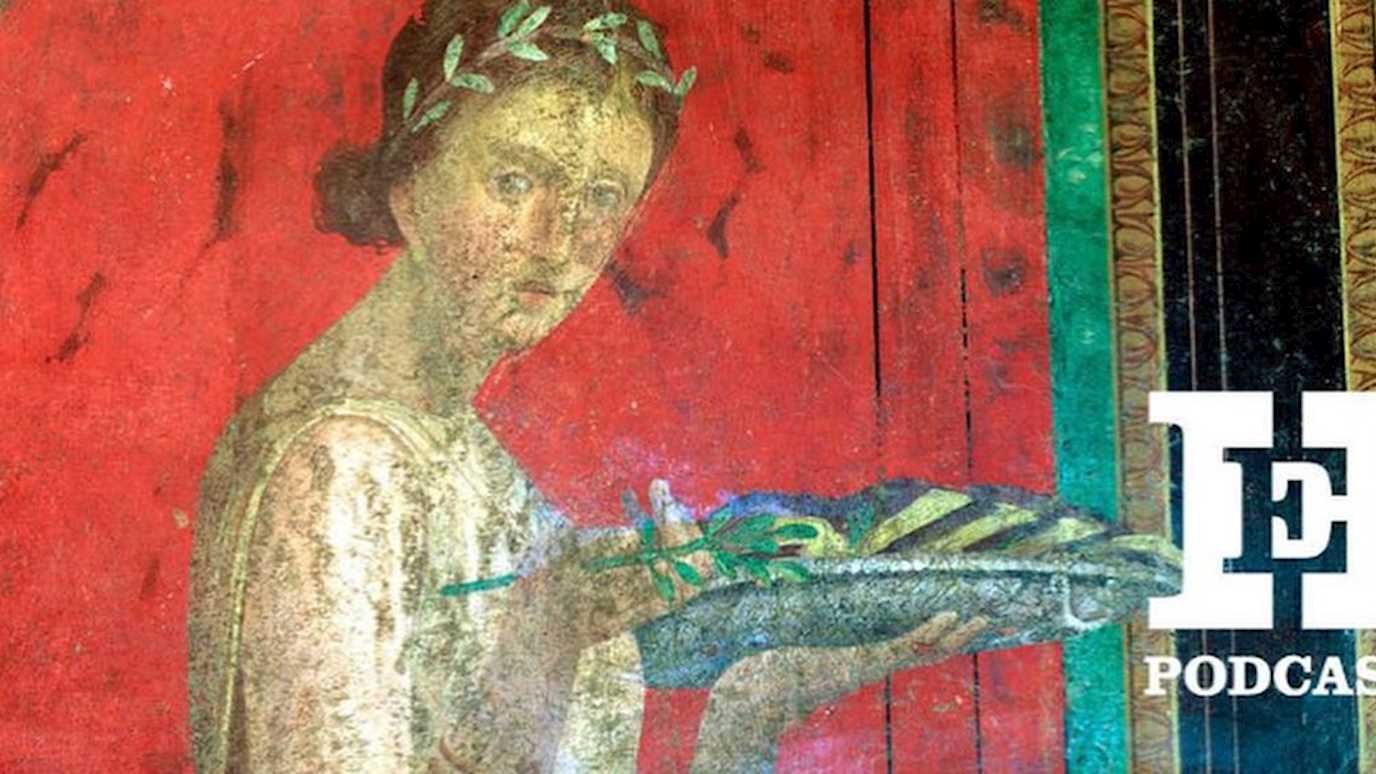The letters stemming from the First Crusade are premier sources for understanding the launch, campaign, and aftermath of the expedition. Instead, Smith argues that some letters are post-hoc ‘inventions’.
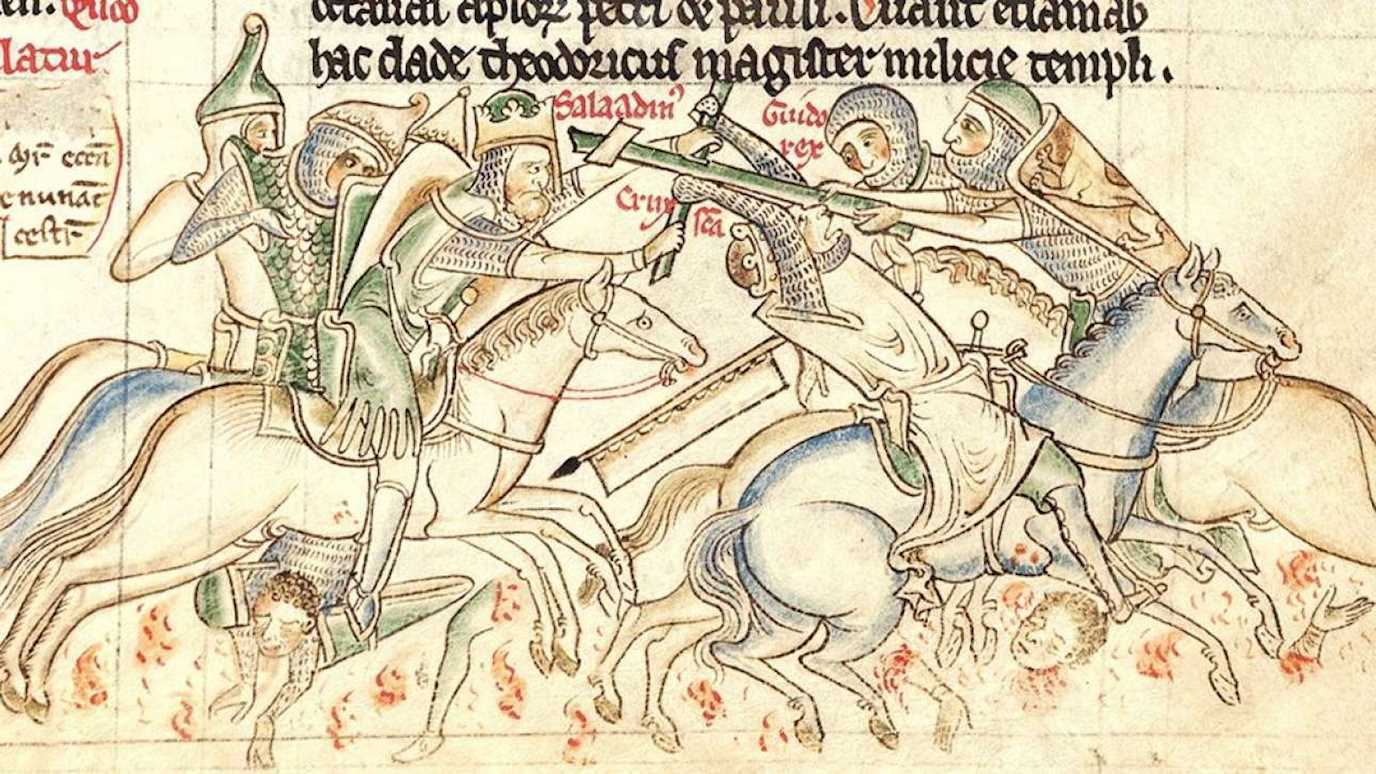
Between 1095 and 1100, epistles sustained social relationships across the Mediterranean and within Europe, as a mixture of historical writing, literary invention, news, and theological interpretation. They served ecclesiastical administration, projected authority, and formed focal points for spiritual commemoration and para-liturgical campaigns.
This paper argues that some of the letters are post hoc "inventions", composed by generations of scribe-readers who visited crusading sites from the twelfth century on, adding new layers of meaning in the form of interpolations and post-scripts. Drawing upon this new understanding, and blurring the distinction of epistolary "reality", it rewrites central aspects of the history of the First Crusade, considering the documents in a new way: as markers of enthusiasm and support for the crusade movement among monastic clergy, who copied and consumed them as a form of scribal crusading. Whether authentic letters or literary "confections", they functioned as communal sites for the celebration, commemoration and memorialisation of the expedition.
Book here: https://www.sas.ac.uk/events/rewriting-first-crusade-epistolary-culture-middle-ages
Book launch: following the paper, in-person attendees will have the opportunity to purchase hardback copies of Rewriting the First Crusade: Epistolary Culture in the Middle Ages(Opens in new window), due to be published by Boydell in April, at the special promotional price of £35 (RRP £70; cash or bank transfer only).
Dr Tom Smith is a History tutor at Rugby School; he is also an Honorary Research Associate of the History Department, Royal Holloway, University of London. As well the book above, he is the author of:
Curia and Crusade: Pope Honorius III and the Recovery of the Holy Land, 1216–1227 (Turnhout: Brepols, 2017), the co-editor of numerous essay collections, including: Communicating Papal Authority in the Middle Ages (ed. with Minoru Ozawa and Georg Strack) (London: Routledge, 2023) and Chronicle, Crusade, and the Latin East: Essays in Honour of Susan B. Edgington (ed. with Andrew D. Buck) (Turnhout: Brepols, 2022). He is the author of many chapters in edited collections, as well as multiple periodical articles in journals including: al-Masaq, Viator, Traditio, Crusades, Journal of Medieval History.










